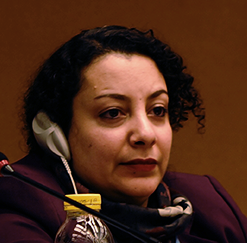Gregory D. Johnsen is a non-resident fellow at the Arab Gulf States Institute. He has been a Peace Corps volunteer in Jordan, a Fulbright Fellow in Yemen, and a Fulbright-Hays Fellow in Egypt. In 2013-14 he was selected as BuzzFeed’s inaugural Michael Hastings National Security Reporting Fellow where he won a Dirksen Award from the National Press Foundation and, in collaboration with Radiolab, a Peabody Award. He has a PhD from Princeton University and master’s degrees from Princeton and the University of Arizona. Johnsen is the author of The Last Refuge: Yemen, Al-Qaeda, and America’s War in Arabia (W.W. Norton), which has been translated into multiple languages. From 2016-18 he served on the Yemen Panel of Experts for the United Nations Security Council. In 2019, he served as the lead writer for the United States Institute of Peace’s Syria Study Group. His writing on Yemen and terrorism has appeared in, among others, The New York Times, The Atlantic, and Foreign Policy.
Analysis
Yemen’s Continuing Crack-Up
The STC’s failed attempt at independence likely means that Yemen won’t split along North and South lines.

7 min read

The New South Yemen
The Southern Transitional Council is betting that if the South can be united under its leadership it can cordon the South off from the Houthis in the North, utilize oil and gas revenue, and create a stable and functioning state.

5 min read
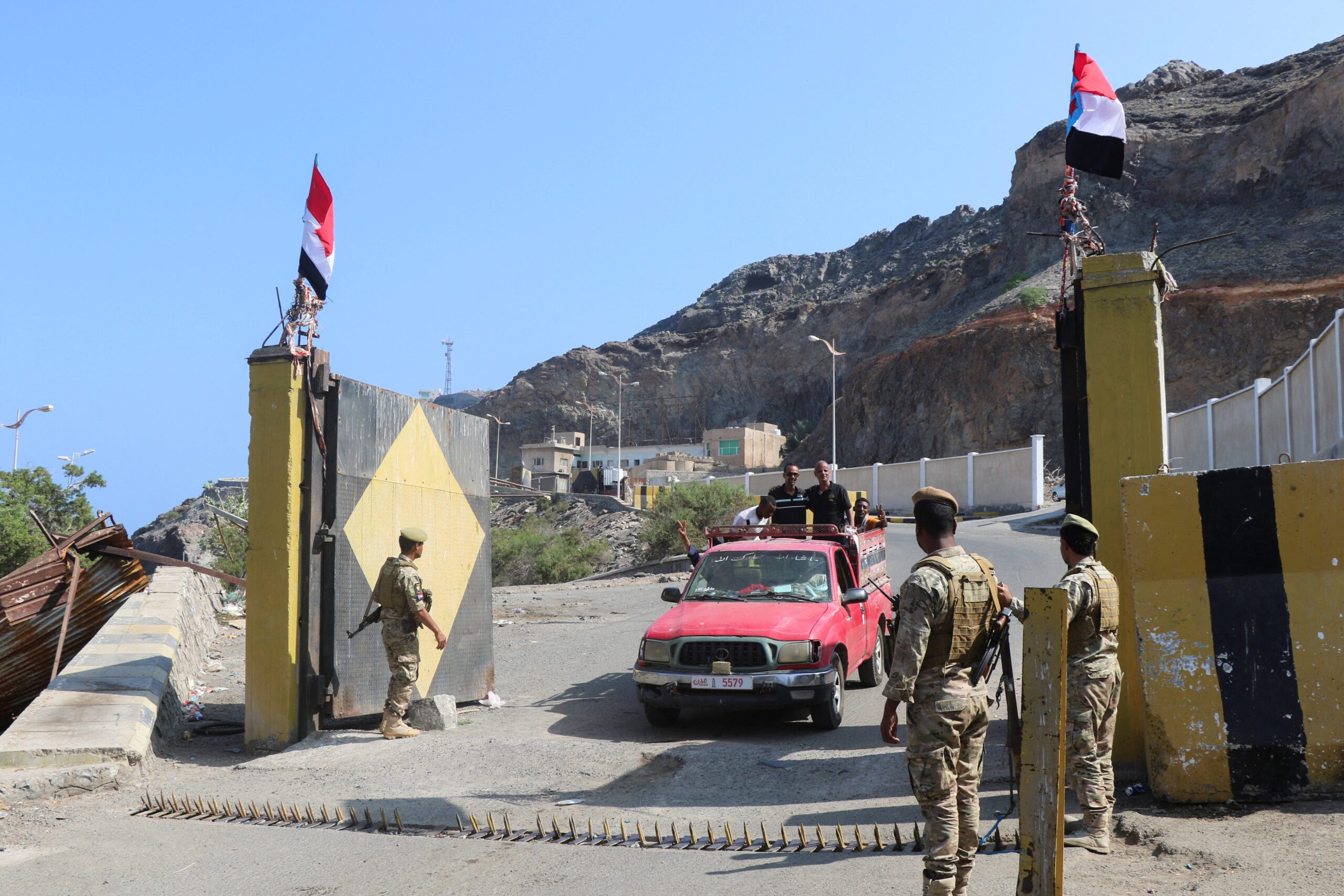
Three Futures for the Houthis After Gaza
The Houthis will likely use the deal in Gaza as an opportunity to regroup while looking to continue the fight in the future.

8 min read
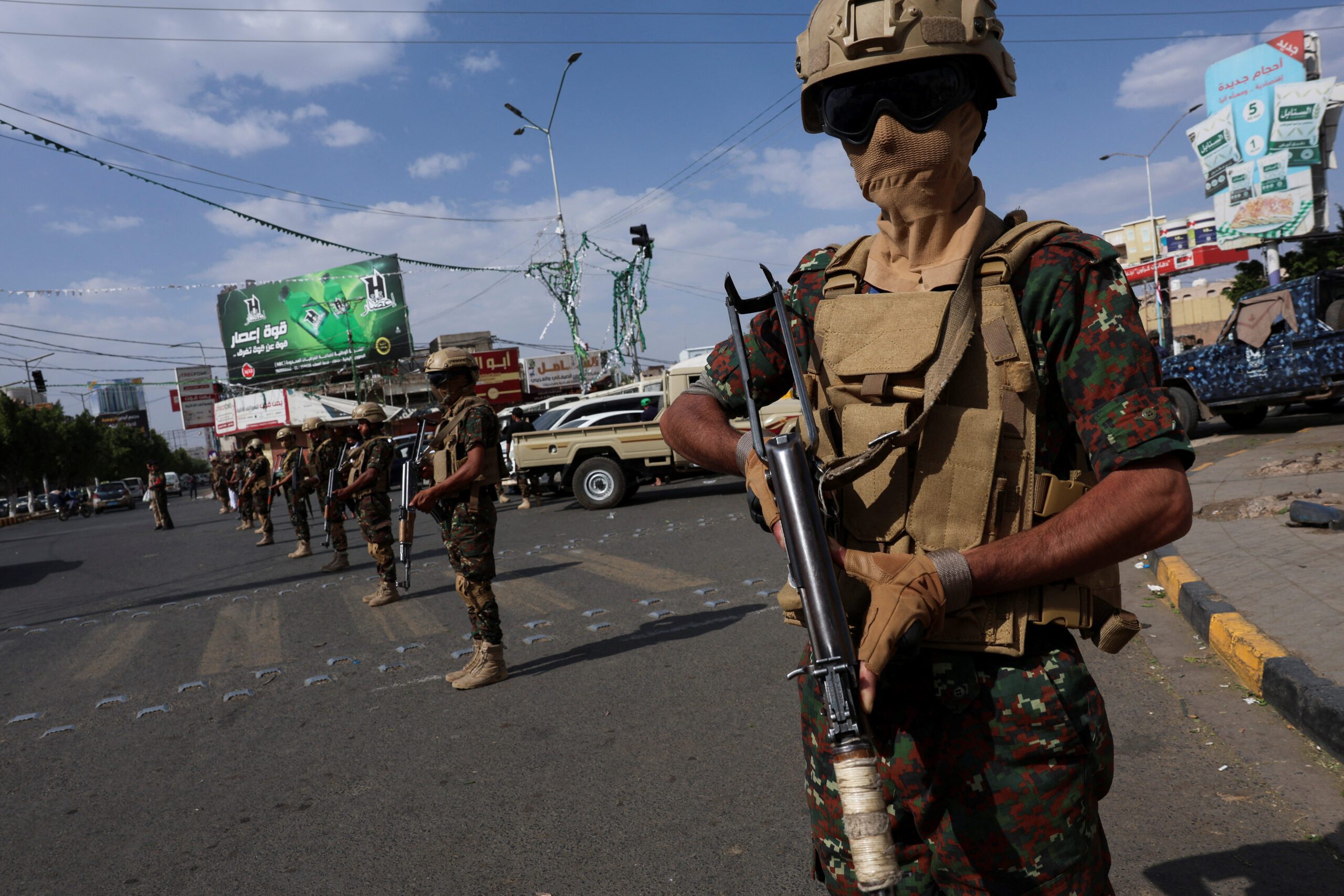
Exploiting Houthi Vulnerabilities in a Season of Recalibration
By attacking the Houthis’ support system, the United States can use indirect means to accomplish what it couldn’t through direct military intervention.

7 min read

Why the Houthis Went Missing in Action
If Iran decides to continue retaliation, the Houthis will likely be part of that response at some point.

8 min read
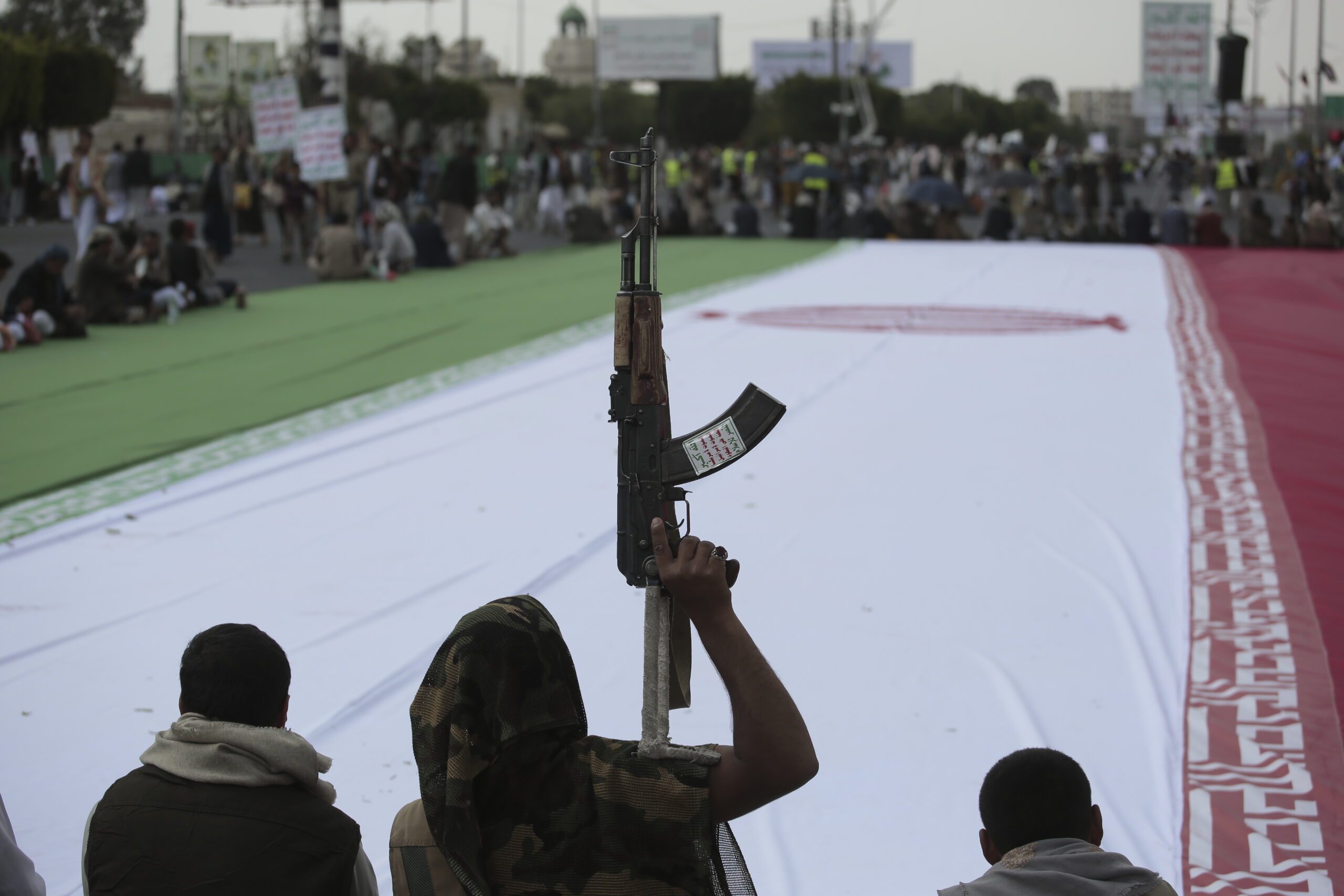
A Path to a Stronger United States in the Gulf
AGSI offers pragmatic, targeted policy recommendations for the Trump administration to maximize U.S. political and economic influence with the crucial emerging regional powers in the Gulf.
20 min read

Events
Assessing the U.S. Military Response to the Houthis: Implications for Yemen and Red Sea Security
On May 20, AGSI hosted a discussion on the United States' policy toward the Houthis.
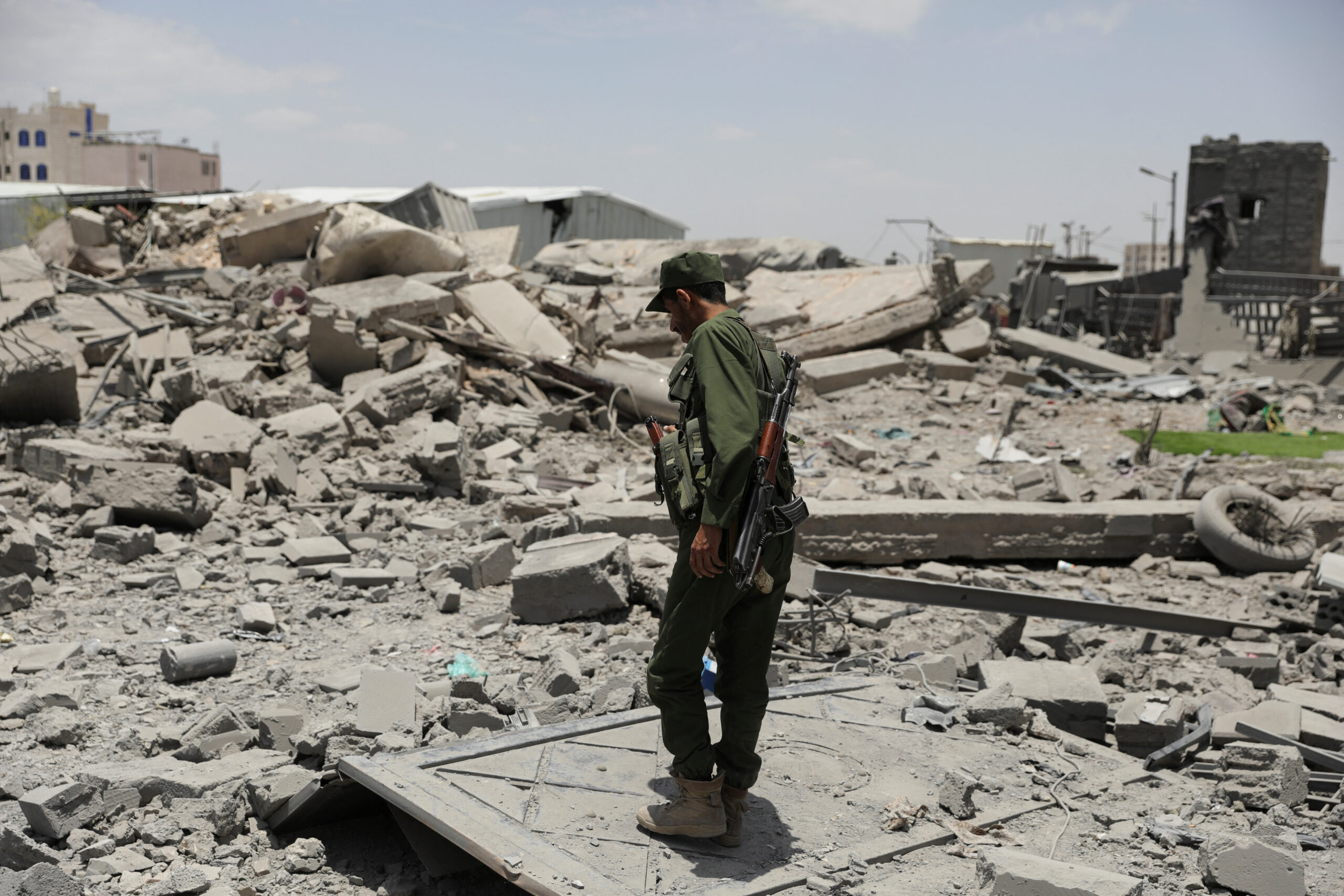
Mar 12, 2024
The Houthi Challenge to Maritime Security
On March 12, AGSIW hosted a discussion on the Houthi challenge to maritime security in the Red Sea and the Gulf of Aden.

Is the End in Sight for the Yemen Conflict?
On October 26, AGSIW hosted a discussion on the prospects for the end of the conflict in Yemen.
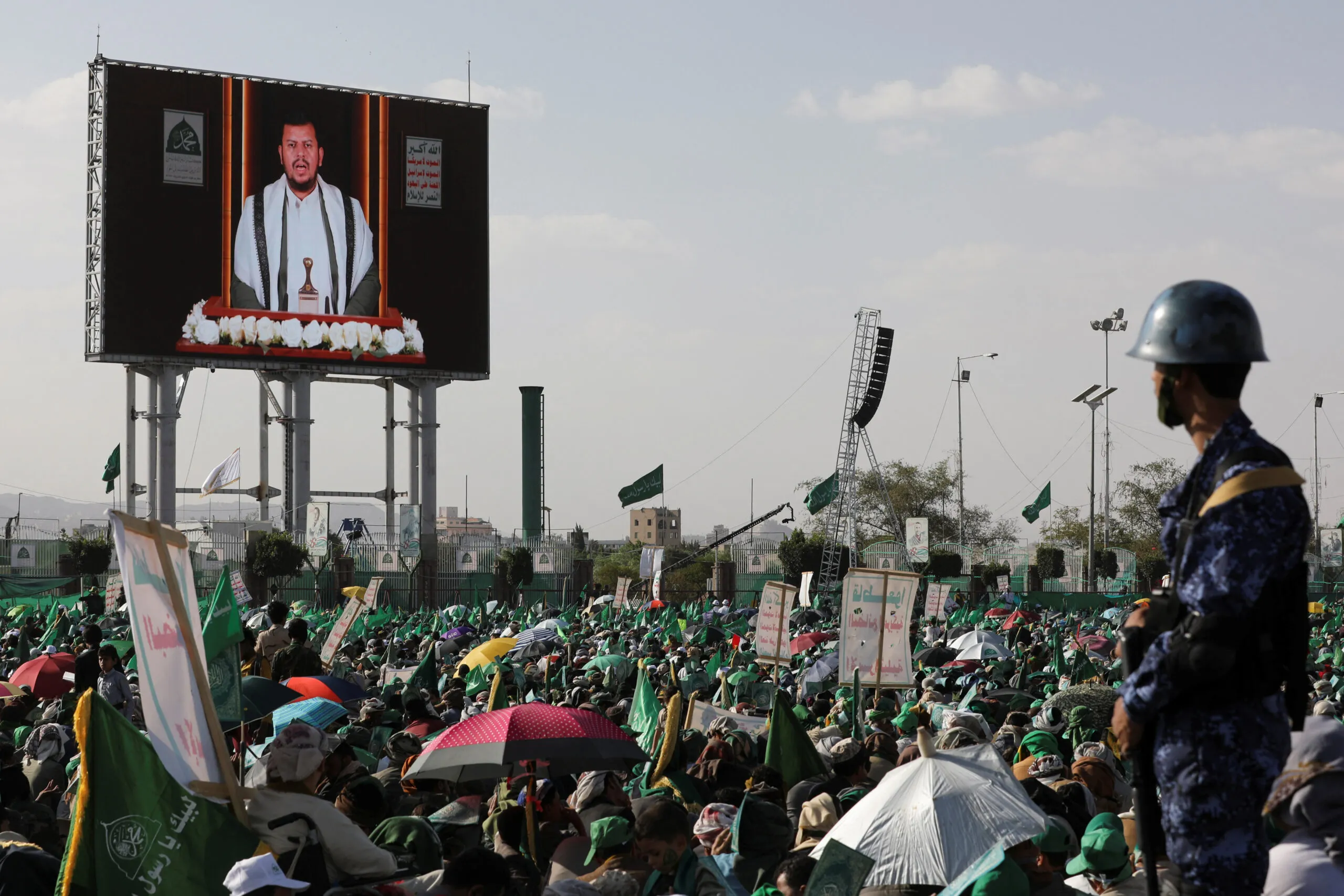
Can a New U.N. Envoy Produce Peace in Yemen?
On July 15, AGSIW hosted a discussion on the top issues and challenges facing the incoming United Nations special envoy for Yemen.
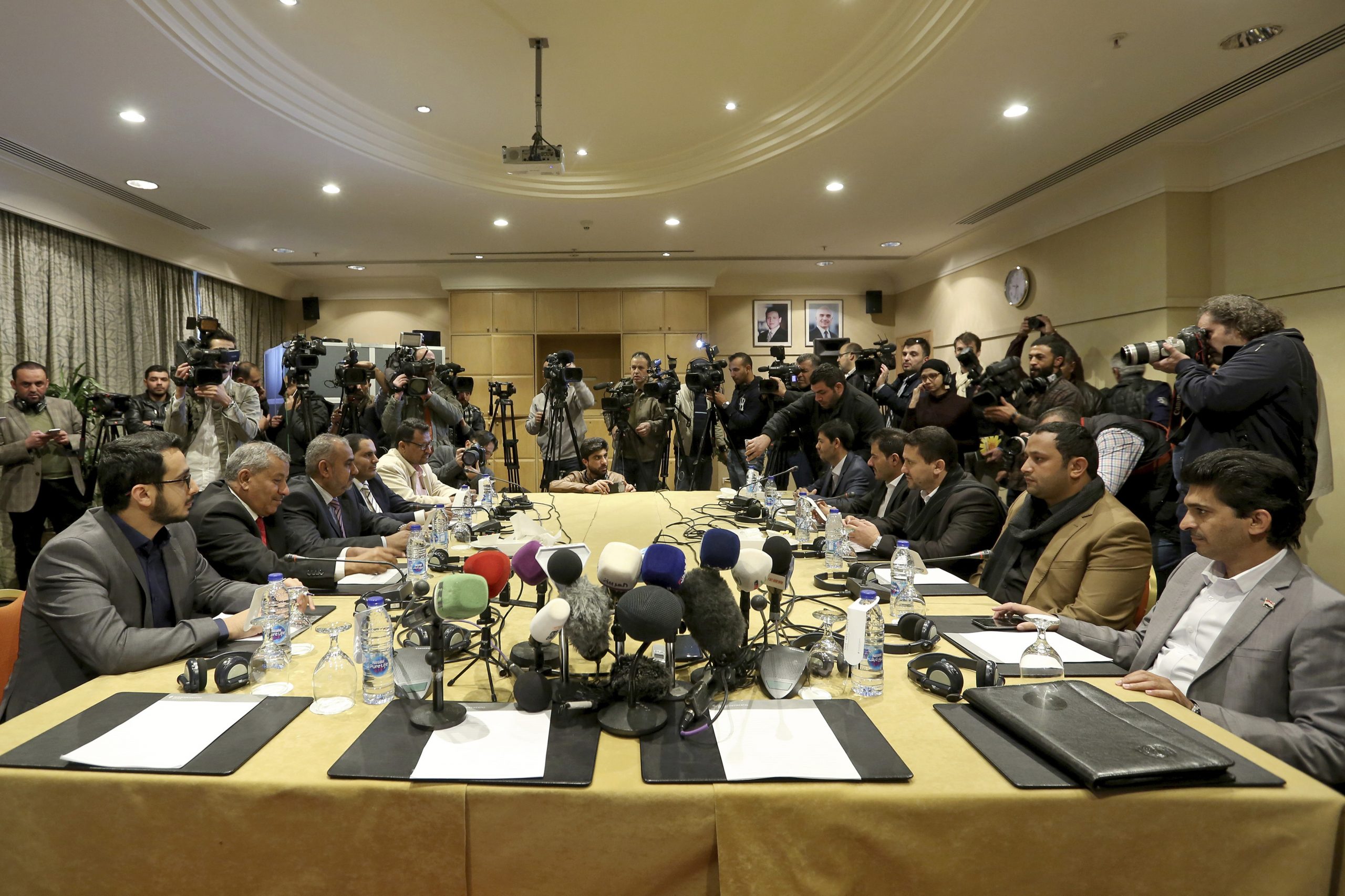
With Renewed Efforts To End the War, What are the Prospects for Peace in Yemen?
On Wednesday April 28, AGSIW hosted a discussion on efforts to end the conflict in Yemen.
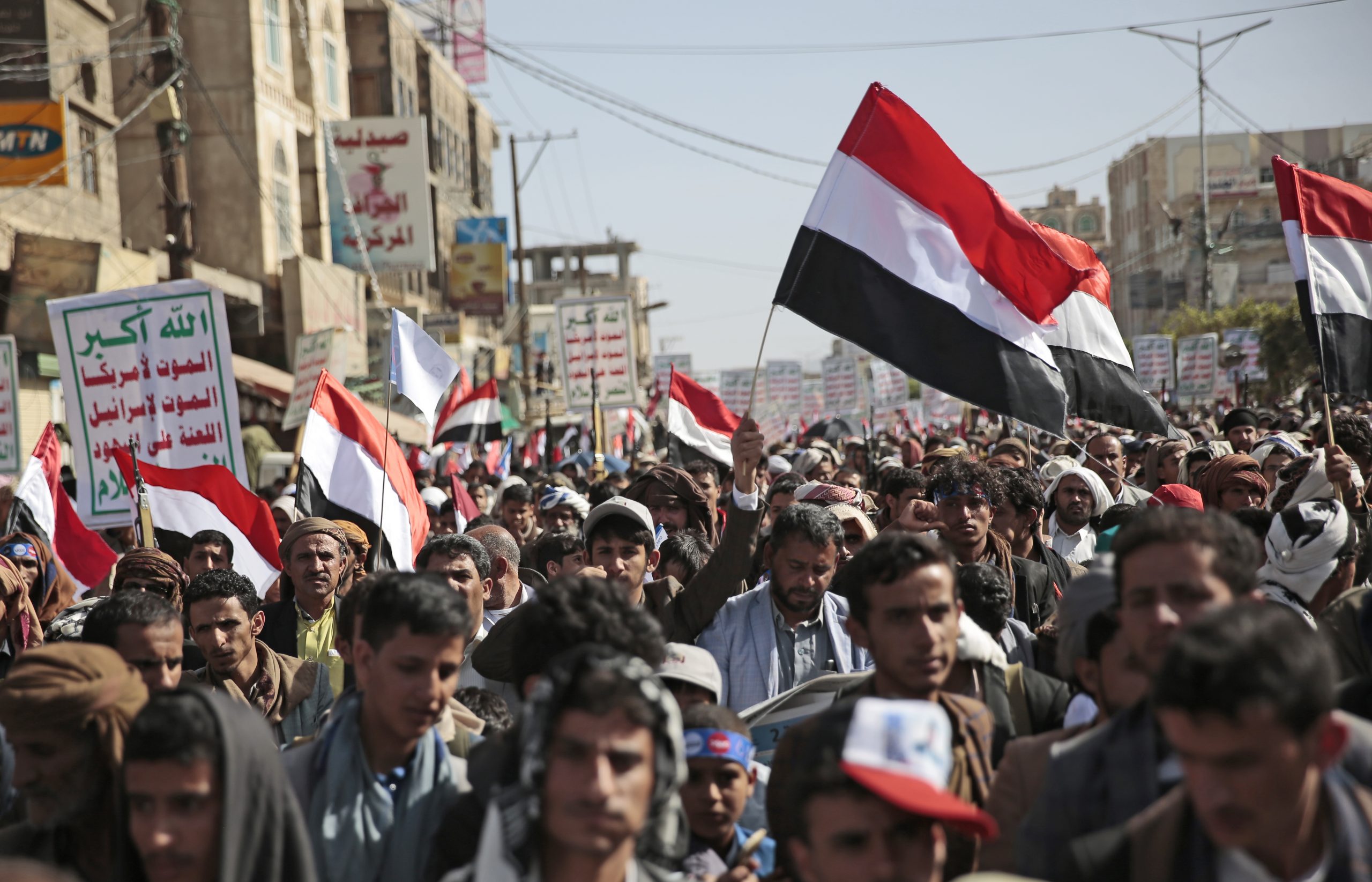
Engagement
May 17, 2025
The New York Times: Gregory D. Johnsen commented on how cutting aid to Yemen risks empowering the Houthis.
The New York Times: Gregory D. Johnsen commented on how cutting aid to Yemen risks empowering the Houthis.
The New York Times


















